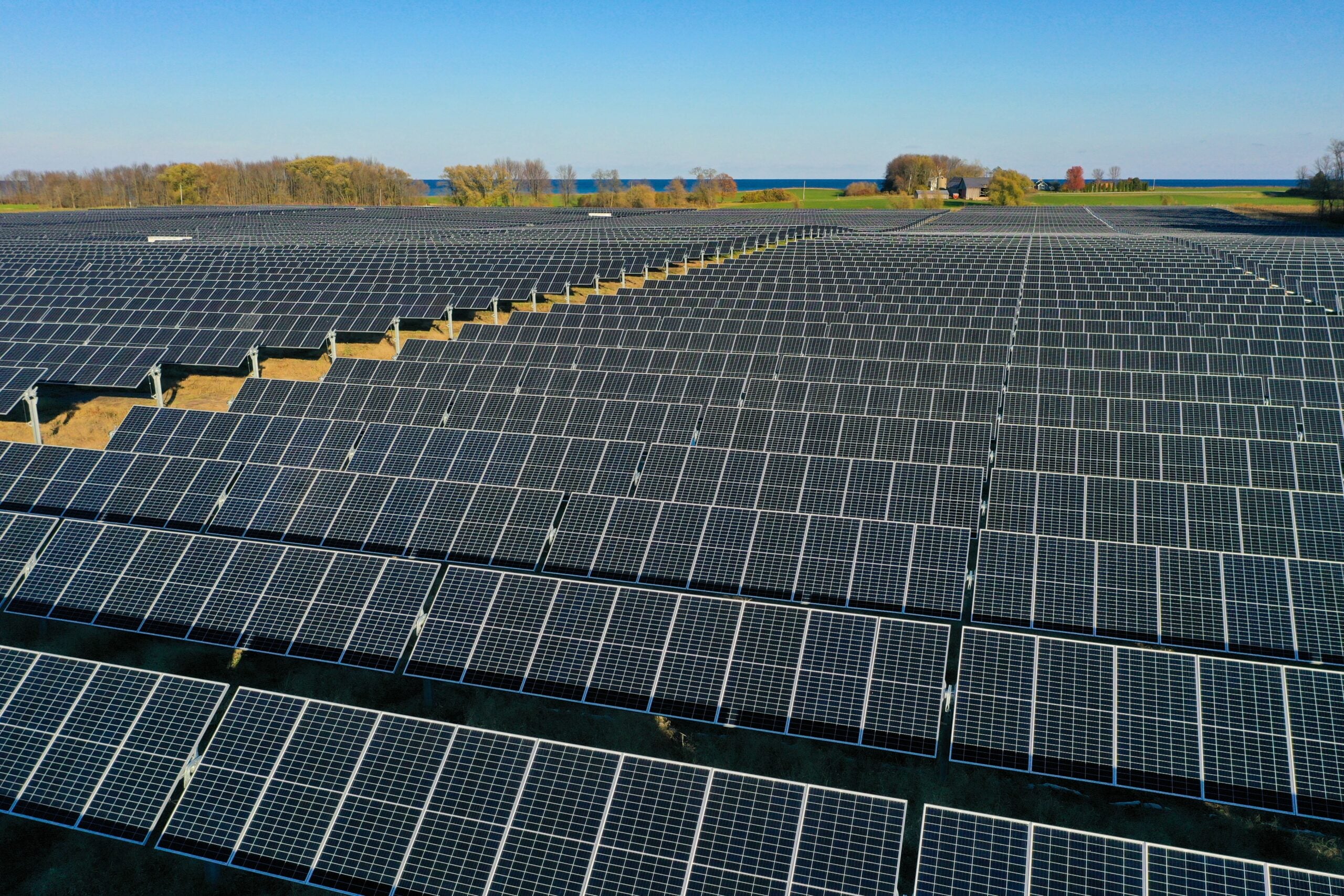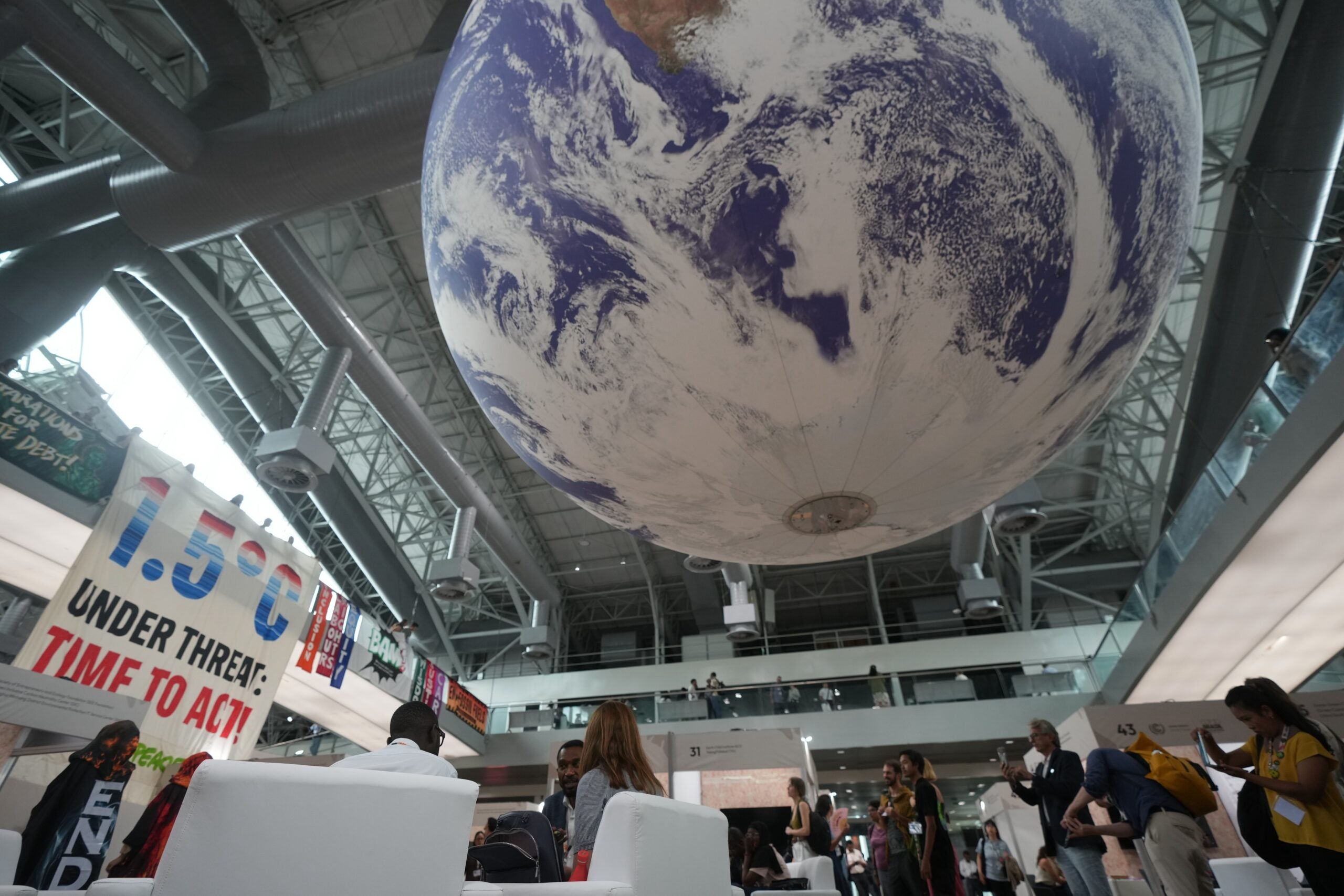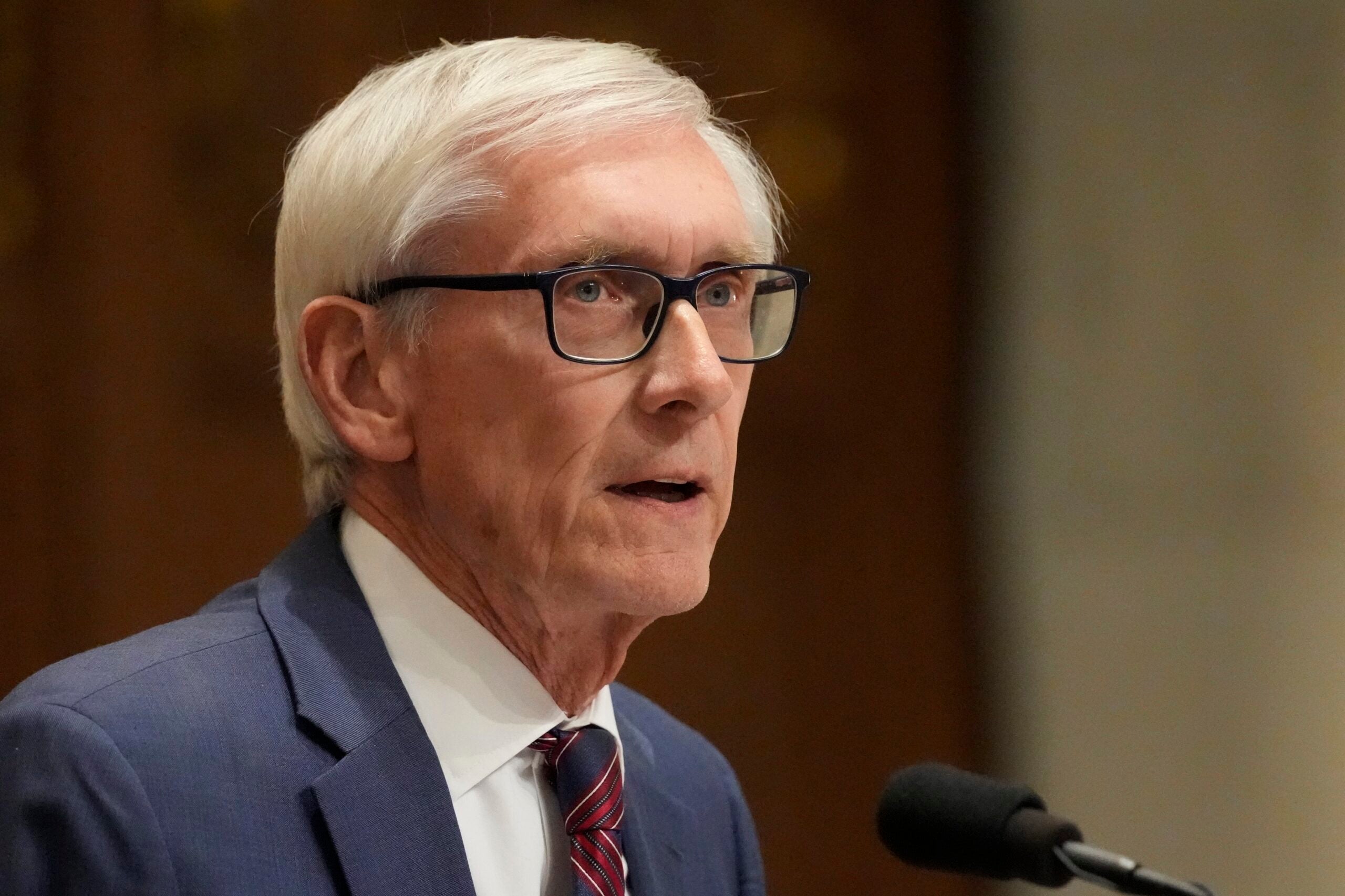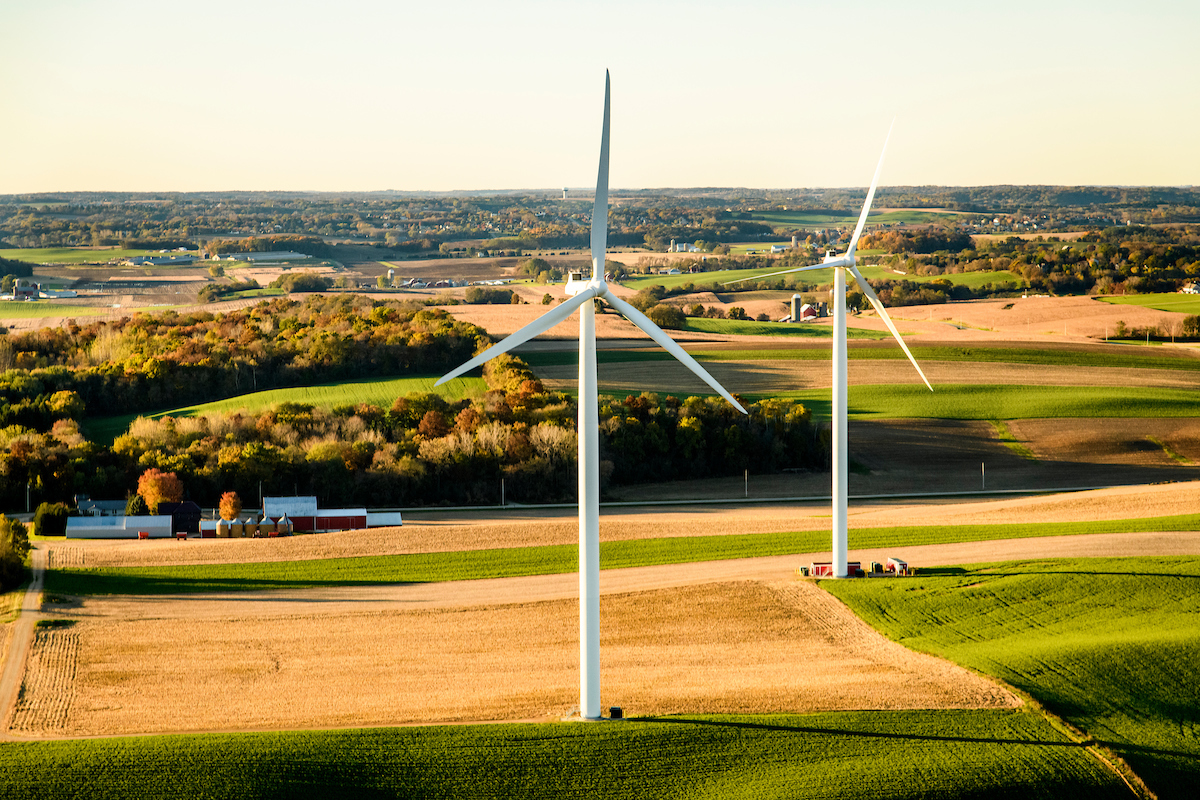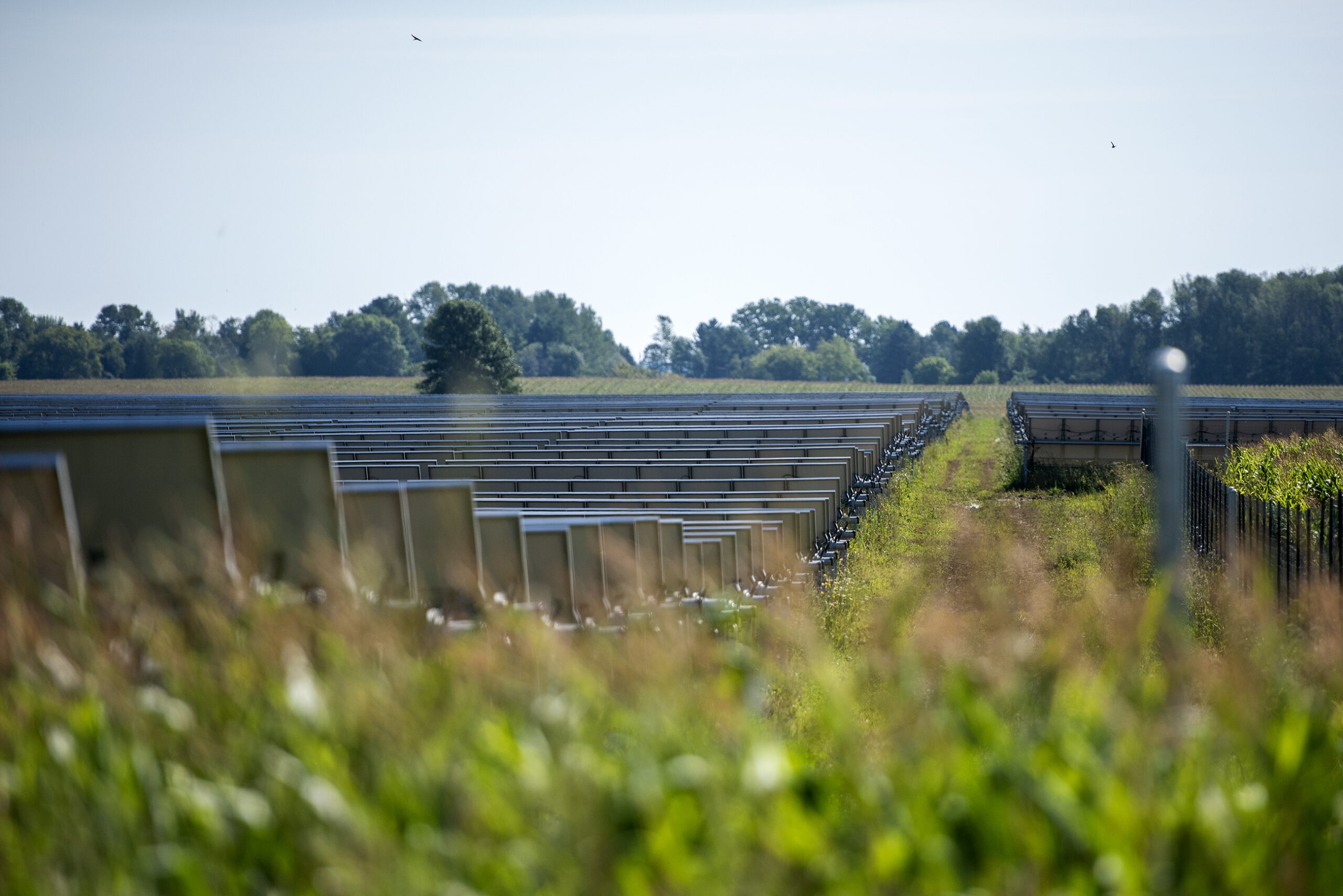Federal funding and incentives for climate and clean energy projects in Wisconsin face an uncertain future after President Donald Trump signed a slate of executive orders to revoke policies, including the Inflation Reduction Act.
Following the hottest year on record, Trump once again ordered the nation’s withdrawal from the Paris climate agreement, which aims to ward off the worst impacts of global warming. He also ended former President Joe Biden’s 2021 order to ensure electric vehicles make up half of all vehicles sold in the nation by 2030. Trump also ordered agencies to pause and review funding spent under the Inflation Reduction Act, or IRA, and the Bipartisan Infrastructure Law.
“We will end the Green New Deal, and we will revoke the electric vehicle mandate, saving our auto industry and keeping my sacred pledge to our great American auto workers,” Trump said during his inaugural address Monday.
Greg Nemet, energy expert and public affairs professor at the University of Wisconsin-Madison, said the president doesn’t decide what to do about spending that Congress has authorized.
“This could end up just being more of a power struggle between Congress and the president,” Nemet said. “But in the meantime, it does reduce some confidence in the funding and the expectations that would go to our state.”
Amy Barrilleaux, spokesperson for Clean Wisconsin, noted the executive orders won’t affect tax incentives or tax credits under the IRA unless Congress acts to repeal them.
“Tax credits for solar, the rebates that just rolled out for getting insulation in your home, programs like that are here for the time being for people to take advantage of,” Barrilleaux said. “What we don’t know is what’s going to happen to these other programs that have been going particularly to rural communities in Wisconsin.”
She said that includes the Rural Energy for America Program, or REAP. More than $66.7 million has been awarded under the program for more than 233 projects in Wisconsin, according to the U.S. Department of Agriculture. The New York Times reported $11 billion has yet to be spent under the landmark climate law, including for conservation programs for farmers and environmental justice grants for communities.
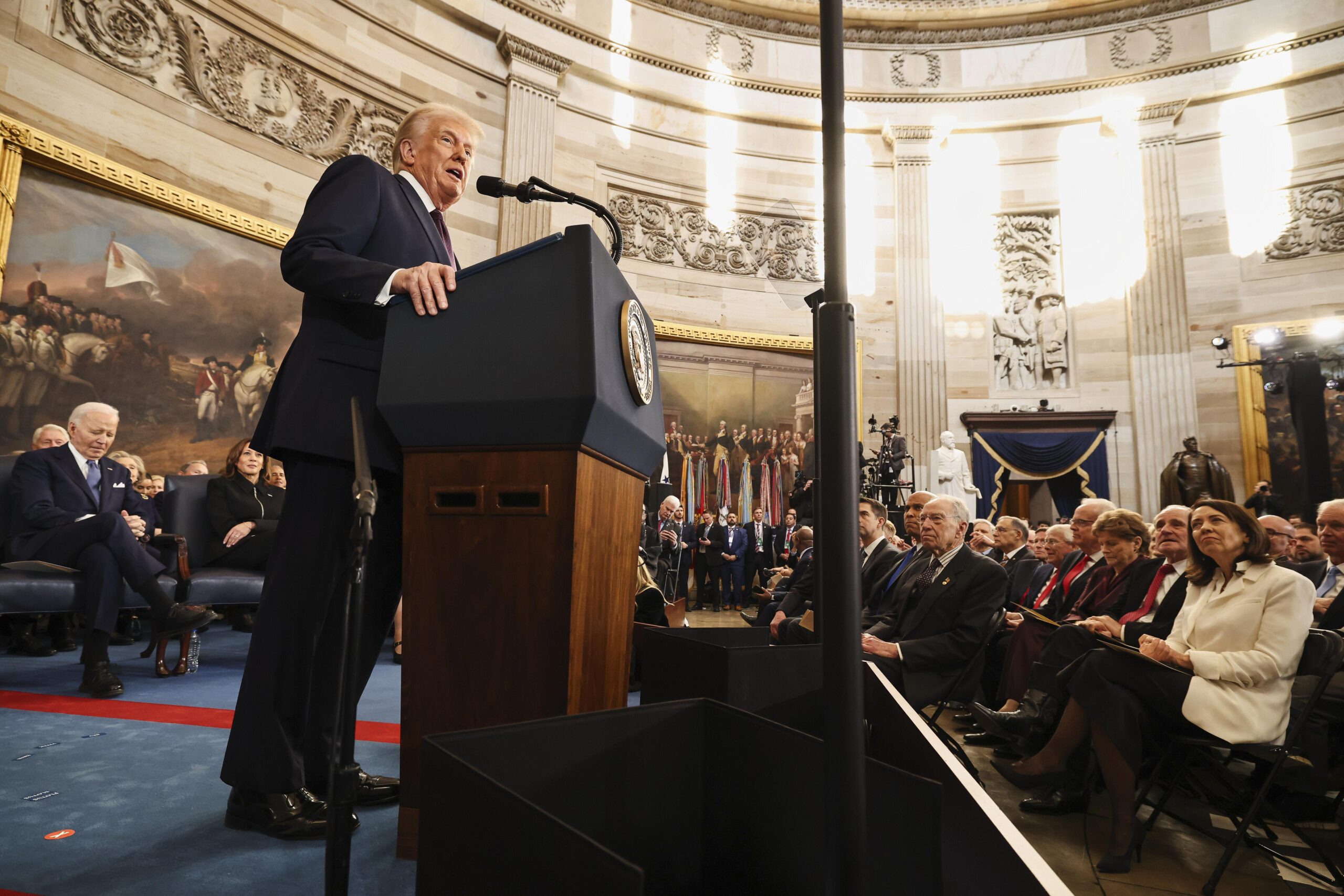
Trump’s orders also include a pause on funds for electric vehicle charging stations under the National Electric Vehicle Infrastructure Formula Program, or NEVI. Barrilleaux noted Wisconsin just celebrated $23 million awarded to 53 sites that will host fast charging stations.
“Trump can’t stop funding that’s already been doled out,” Barrilleaux said. But Wisconsin was set to receive a total of more than $78 million in federal funding for charging station infrastructure over a five-year span.
News with a little more humanity
WPR’s “Wisconsin Today” newsletter keeps you connected to the state you love without feeling overwhelmed. No paywall. No agenda. No corporate filter.
The state has opened another round of applications to install chargers at 13 more locations. Once work is under contract at those sites, state transportation officials have said Wisconsin had around $40 million left to award. In a statement, the Wisconsin Department of Transportation didn’t provide details on how much money the state has received so far.
“WisDOT is aware of the Executive Order signed by President Trump related to Bipartisan Infrastructure Law programs,” the agency said. “WisDOT leadership will work with the U.S. Department of Transportation to determine any impacts to the department’s programs that result from the Executive Order.”
The Inflation Reduction Act has helped prompt more than $5.4 billion of investment in climate and clean energy projects within Wisconsin or by state-based companies, according to Climate Power, which was co-founded by Biden’s senior climate adviser John Podesta. Wisconsin supports more than 73,000 workers in the clean energy sector, including roughly 2,500 jobs added since the passage of the IRA.
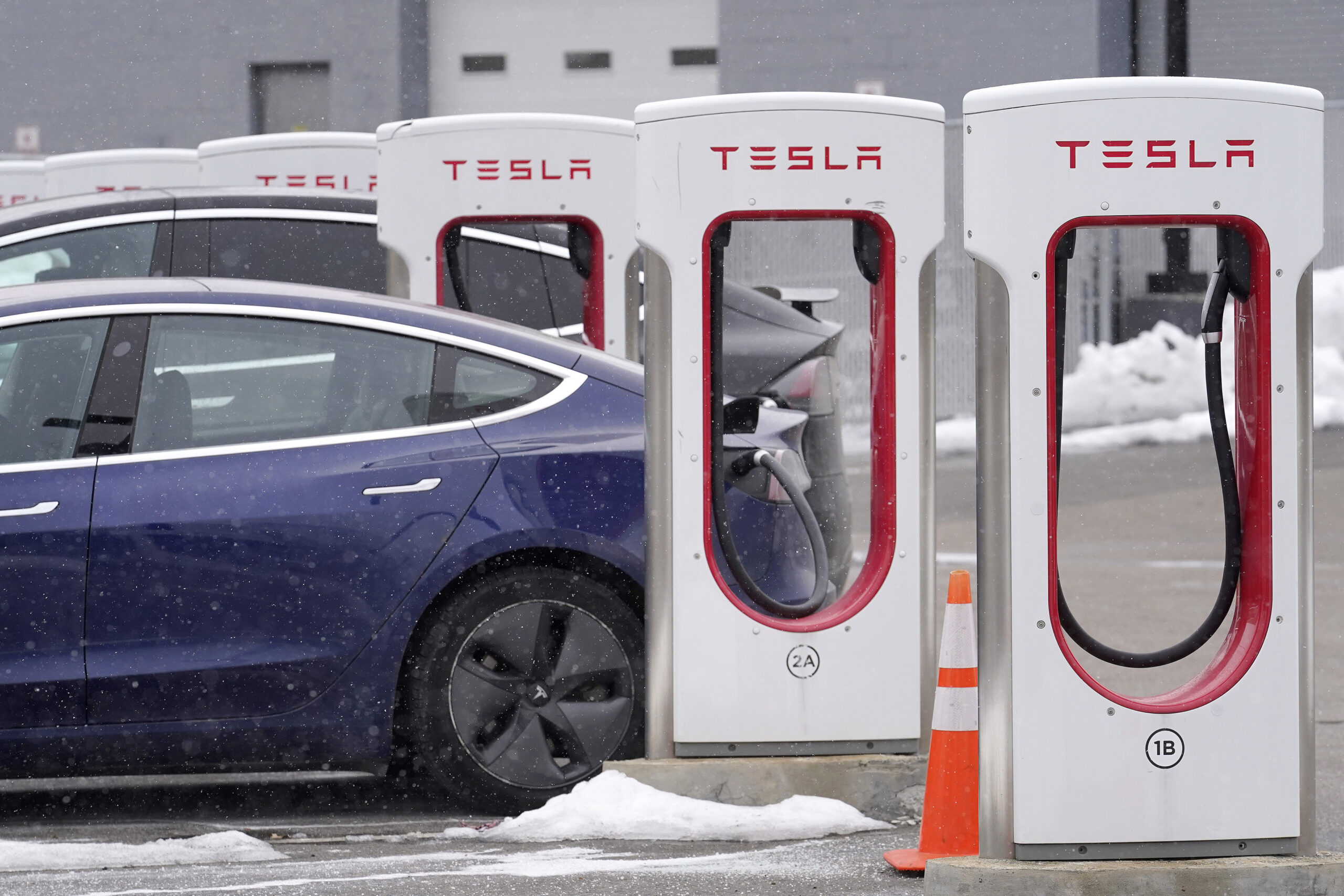
Nemet said the uncertainty is damaging for investment in clean energy businesses in Wisconsin.
“If a Wisconsin company was thinking about starting a new business or expanding a business to install, let’s say, heat pumps in schools or in people’s homes, or installing solar or building out electric vehicle infrastructure, I think it’s still going to work out in the long term,” Nemet said. “But it becomes a riskier bet than it would have been a few months ago.”
The landmark climate law could cost up to $1.2 trillion over the next decade to implement, and one analysis found tax credits make up most of that cost. Trump vowed to rescind the law’s unspent funds last fall, and Congress may repeal tax credits to fund another round of the 2017 tax cuts.
However, the law’s funds have flowed to Republican areas, and some GOP lawmakers in Congress pushed against its repeal in August. That doesn’t include members of Wisconsin’s Congressional delegation.
In a social media post, U.S. House Rep. Bryan Steil, R-Janesville, welcomed Trump back to office Monday.
“I look forward to working together to secure our border, lower costs for Wisconsin families, and unleash American energy,” Steil wrote.
Wisconsin Republicans in the U.S. House backed a resolution last year that denounced the Biden administration’s energy policies as anti-American, saying they’ve made it more difficult for families and businesses to make ends meet.
Wisconsin Public Radio, © Copyright 2025, Board of Regents of the University of Wisconsin System and Wisconsin Educational Communications Board.

